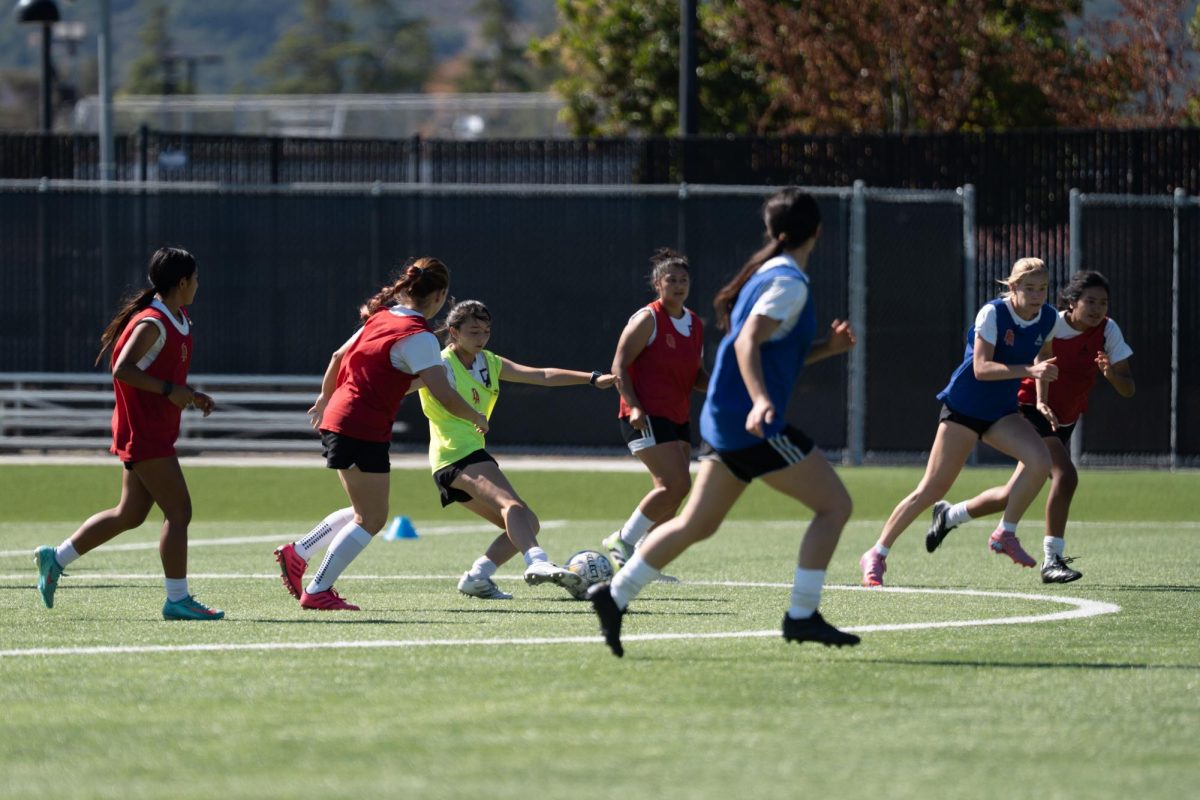A mere hour sprung forward on the clock raises indignation throughout the world; losing an hour of sleep feeling sluggish the next day of being a student, an athlete, a parent, a worker and everything else under the sun (the root of the problem).
A bounteous time of two minutes has to be spent in households to change the time on clocks that aren’t in sync with daylight savings. A joke circulates that some people cover their kitchen clocks with a sticker on the first change of daylight savings in March, just to remove it on the second in November, and continue the cycle.
Daylight savings was first introduced in Germany during World War I to create more daylight hours and conserve energy resources, according to the University of Colorado, Boulder. Other countries soon followed to make the best use of daylight and allow for an extra hour of sun and warmth in the summer.
Within the past 10 years, some countries such as Azerbaijan, Iran, Jordan, Namibia, Russia, Samoa, Syria, Turkey and Uruguay have decided to abolish the practice of daylight saving time according to US News & World Report. This is because of the health issues that have arisen from the loss of sleep due to daylight savings.
This year on March 10th I woke up at 9 a.m., an hour later than usual, wondering if I forgot about my vagabonding adventures from the previous night. But no, I just lost an hour of my morning time on account of a War in the 19th century.
It took me perhaps a day or two to catch up and I was back on my sleep schedule, long forgotten about the hour lost from my day.
This leads to the question: Is daylight saving time even worth it?
Losing an hour of sleep leads to an extra hour on the beach before sunset, an extra hour for joggers and walkers to enjoy their exercises in the safety of daylight after work or school. Daylight saving time can also help decrease crime or car accidents because we will see more daytime.
Though losing an hour of my time bothered me for about a day or two, ultimately, the pros of daylight savings outweigh the cons and thus it is still practiced in our country and several others around the world.

















